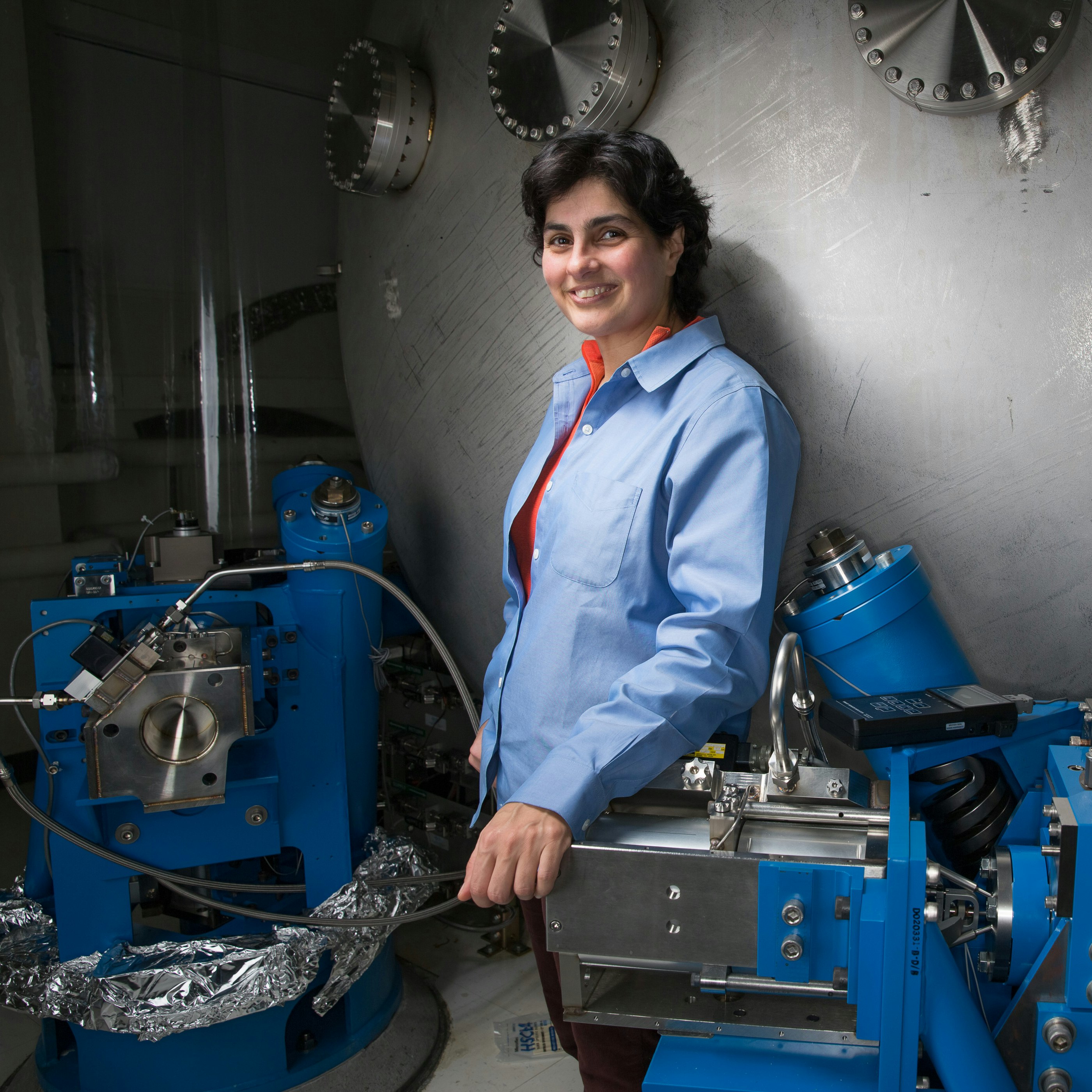Kim and Judy Davis Dean’s Lecture in the Sciences
The Kim and Judy Davis Dean’s Lecture Series was established through the generosity of Kim G. Davis AB ’76, MBA ’78, and Judith N. Davis, longtime friends and champions of Harvard Radcliffe Institute. This annual lecture series invites leading figures from across the arts, humanities, sciences, and social sciences to share their expertise, ideas, and diverse perspectives with the Harvard community and the broader public.
The Sky’s Not the Limit: My Journey into Space Exploration and STEM
The 2023 Kim and Judy Davis Dean’s Lecture in the Sciences will feature space engineer MiMi Aung.
More about The Sky’s Not the Limit: My Journey into Space Exploration and STEM
Gravitational Waves: A New Window to the Universe
The first-ever detections of gravitational waves from colliding black holes and neutron stars have launched a new era of gravitational wave astrophysics. Nergis Mavalvala, dean of and the Curtis (1963) and Kathleen Marble Professor of Astrophysics in the MIT School of Science, will describe the science, technology, and human story behind these discoveries.
More about Gravitational Waves: A New Window to the Universe
Why Brain Science Needs an Edit: Non-human Primate Studies in Neuroscience and Biomedicine
Research in experimental biology and biomedical sciences has been greatly facilitated by the use of animal models. Because of their evolutionary proximity to humans, non-human primates are favorable models for understanding human neurobiology and brain disorders.
More about Why Brain Science Needs an Edit: Non-human Primate Studies in Neuroscience and Biomedicine
The Sleep-Deprived Human Brain
There is increased recognition that sleep deprivation interferes with cognition and performance and that it may contribute to brain diseases such as addiction, chronic pain, and Alzheimer’s, among others. This presentation will focus on results from two sets of brain-imaging studies done to investigate the effects of sleep deprivation on the human brain.
More about The Sleep-Deprived Human Brain